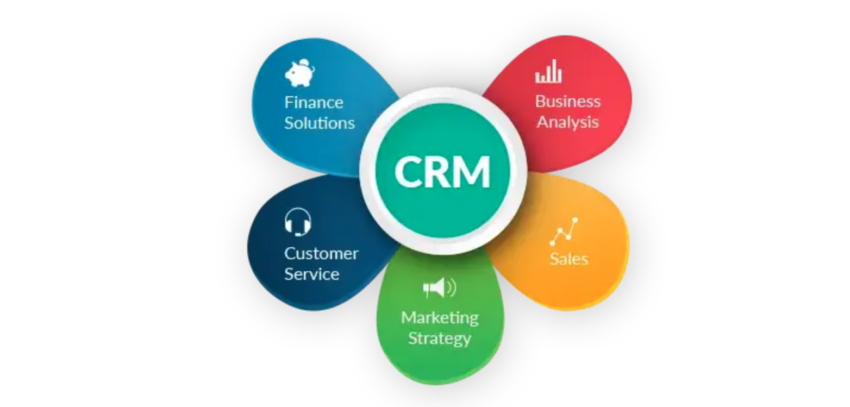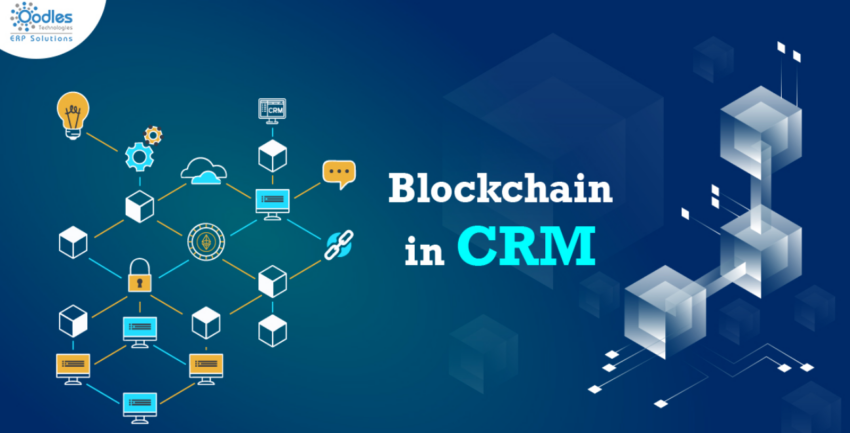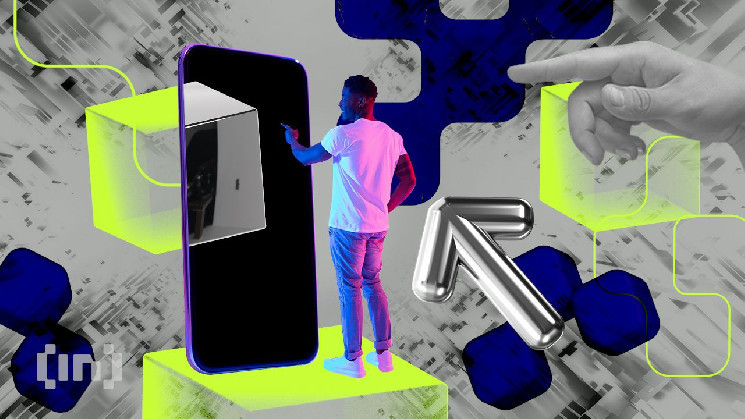Blockchain is undergoing a wave of adoption across different sectors, with customer relationship management (CRM) remaining a top priority for many companies.
Blockchain has proved its potential in healthcare, consulting, and gaming today. It has even aided corporate firms in bolstering social responsibility. These businesses have incorporated the underlying innovation because it promotes trust and transparency.

Blockchain Gains Traction
CRM is becoming increasingly important, with companies striving to improve customer experience and build stronger relationships with their clients. And blockchain CRM can power many business processes with smart contracts.
CRM is a crucial tool in providing a competitive advantage in a fast-paced and ever-evolving market. With the rise of digital transformation, companies seek ways to gather valuable insights into customer behavior, preferences, and purchase history to create personalized experiences and improve customer satisfaction.
In addition, CRM helps companies improve communication and collaboration between teams, streamline sales and marketing processes, and increase revenue.
CRM systems will play a key role in ensuring customer information is protected and secure. This will increase company trust and help build long-term relationships with customers.
Real-life Impact of Blockchain on CRM
Stephanie Buscemi, former Chief Marketing Officer of Salesforce, said: “73% of I.T. professionals are telling us they’re certain that blockchain will create new business models and opportunities for them and their organizations. People want to know and feel that their data, information, and privacy are being protected.”
Blockchain technology has the potential to revolutionize the way that customer relationship management (CRM) systems operate.
One of the critical features of blockchain is its decentralized and confident nature. This makes it an ideal technology for managing customer data.
Customer data is stored across a network of nodes in a blockchain-based CRM, rather than on a single central server. This makes it much more difficult for the data to be hacked or altered.
And with the increasing number of data privacy regulations, such as the European Union’s General Data Protection Regulation (GDPR), it’s becoming more critical for companies to manage customer data securely and correctly.
Blockchain technology enables customers to control their data and allows them to grant or revoke access to it as they see fit. This can help companies meet their data privacy obligations.
Taking a Tailored Approach
It also enables companies to create an auditable record of customer interactions, including sales, marketing, and customer support activities. This transparent and verifiable record can help companies build trust with their customers and provide valuable insights into customer behavior and preferences.

Another potential use case in CRM is the management of customer contracts. Arrangements are automatically executed based on predefined conditions without manual intervention on the blockchain. This can help to streamline the contract management process and reduce the risk of errors.
Blockchain technology can create a more personalized and engaging customer experience. For example, by combining blockchain-based customer data with artificial intelligence (AI) and machine learning algorithms, companies can create highly targeted marketing campaigns and provide personalized recommendations to customers.
These are some of the challenges that must be addressed despite the potential benefits of blockchain for CRM.
Cons Attached to the Underlying Technology
Blockchain technology can be technically complex, making it difficult for companies to implement and use. This can be a barrier to adoption, particularly for smaller companies with limited resources. Following this is scalability.
Currently, many blockchain platforms need to be designed to handle large volumes of data and transactions, which can limit their ability to support large-scale CRM systems.
Different blockchain platforms use different technology standards and protocols, which can make it difficult for them to work together. This can challenge companies that need to integrate blockchain-based CRM systems with existing systems and technologies.
So although the regulatory landscape for blockchain technology is still developing, making it difficult for companies to know how to comply with laws and regulations.
But despite these challenges, the potential benefits of blockchain for CRM make it a technology worth exploring for companies looking to improve their customer relationships.
With its decentralized, secure, and transparent nature, blockchain has the potential to provide companies with a powerful tool for managing customer data and creating a more personalized and engaging customer experience.
 beincrypto.com
beincrypto.com
